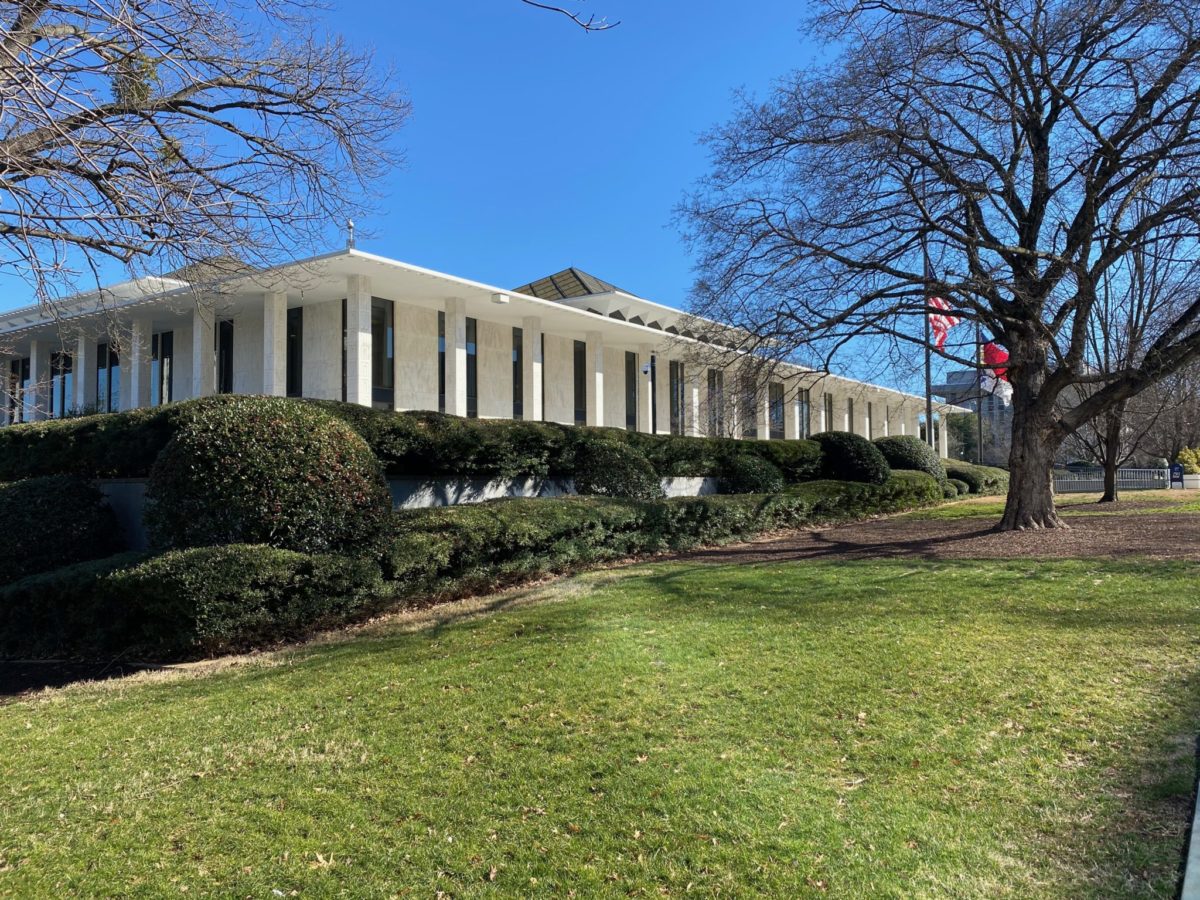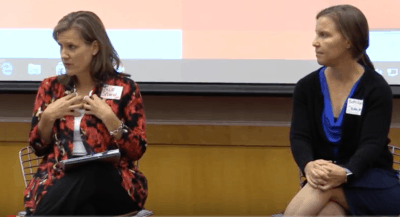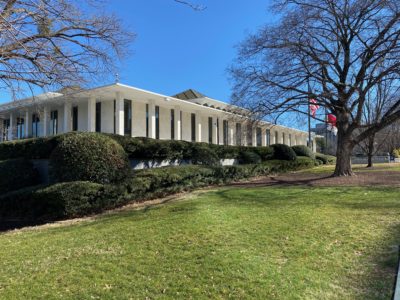
|
|
Update 7:00 a.m., June 22: The budget bill was released yesterday evening. Go here for the actual bill. Go here for the money report. Look for a more comprehensive review of the budget later today.
In a press conference Monday, Senate President Pro Tem Phil Berger, R-Rockingham, and other Senate Republicans gave a broad overview of their budget plans for the next two years.
While the actual spending bill isn’t available yet, Senate Republicans said the budget plan will include 3% pay raises over two years for teachers and community college employees, not to mention bonuses for all state employees and additional bonuses for teachers and principals.
State employees making less than $75,000 will get a $1,500 bonus and those making more will get $1,000 bonuses. In addition, teachers will get a $300 bonus “from repurposed state funds previously appropriated for performance bonuses that cannot be paid due to COVID-19 related data issues,” according to a press release. That same pot of money will be used to give principals an $1,800 bonus. Non-certified employees in public schools and community colleges will get a $13 minimum wage under the Senate plan.
When asked about the relatively low percentage salary increase for teachers and other state employees, Berger said that North Carolina’s teacher pay rankings nationally are much better than they were when Republicans took control of the General Assembly in 2011, and thus the large percent increases seen in previous years aren’t necessary currently. In addition, he said the Senate was trying to keep to agreed-upon spending caps with the House.
“Our commitment is to make sure that our year-over-year spend is kept under control so we can keep the promises that have been made up to this point,” Berger said.
The agreement with the House is that spending in the first year of the biennium (2021-22) is capped at $25.7 billion and the second year is capped at $26.7 billion. According to a previous press release, those spending amounts represent a 3.45% and 3.65% spending increase, respectively.
Other K-12 provisions in a press release sent out by Berger’s office include:
- “$10.4 billion in 2021-22 and $10.5 billion in 2022-23, which represents an additional half-billion dollars in state dollars to public school education.
- “$40.9 million each year for school psychologists, which includes an additional $9.8 million to ensure that every school district has at least one psychologist.
- “$459 million transfer over the biennium from the N.C. Education Lottery to the Needs-Based Public School Capital Building Fund, and $200 million to the Public School Capital Fund. Over the course of the next 7 years, a projected $2.4 billion will be spent on school capital.
- “$6 million for science of reading/Excellent Public Schools Act implementation.
- “Continues funding to provide for a lower teacher-to-student ratio in districts with more disadvantaged students.
- “Creates a $22 million reserve fund to cover increased costs for schools in the event DPI under-projects student enrollment growth.
- “Appropriates the remaining $338 million in federal education relief funds, for a total of $3.6 billion, to address statewide education needs related to the pandemic.”
And other community college provisions from the press release include:
- “Funds community college system at $1.26 billion in 2021-22 and $1.32 billion in 2022-23.
- “Allocates $76 million in federal funds to stabilize community college budgets due to enrollment declines.
- “Provides $15 million in federal funds to improve broadband access for 25 rural community colleges.
- “Increases the Community College Need-Based Assistance Program by 7.5%.
- “Provides $5.2 million over the biennium to assist community colleges in starting programs in high-demand career fields that require significant start-up funds.
- “Establishes the North Carolina Community College Short-Term Workforce Development Grant Program and allocates $3 million in each year of the biennium to provide up to $750 to students pursuing workforce credentials.
- “Adds $1.5 million per year for childcare grant funding, which aids community college students with childcare expenses.”
Additionally, the state’s controversial Opportunity Scholarship Program —which gives state funds to students to be used for private school — will be expanded with $76.8 million in new funding, according to the press release. And the state will use $700 million in federal funds to expand rural broadband, while bolstering the NC GREAT program — which also seeks to expand rural broadband — with $30 million over the biennium.
When asked to respond to expected criticism from education advocates that the Senate’s plan doesn’t spend enough, Berger said Republicans have and continue to do a good job funding education.
He said the Senate plan represents about an additional $500 million in education spending. If that continues, the education increases will reach into the billions over the coming years, he said.
“I think Republicans in the General Assembly have a strong record of continuing to fund and increase funding for education,” he said.
He also pointed out the billions of dollars that have flowed directly into school districts from the federal government this year to help deal with the fallout from COVID-19. Additionally, he said that being prudent means that an economic recession, such as that experienced at the end of the oughts, won’t necessitate teacher layoffs or spending freezes like they did during the Great Recession.
“Anyone in education who says there’s not enough money is certainly not reflecting the influx of dollars that have come to LEAs (local education agencies) directly from the federal government,” he said during the press conference.
The expected criticism came shortly after the Senate press conference when the North Carolina Association of Educators sent out a press release on the Senate pay proposal.
“When presented with an added $6.5 billion in unexpected revenue, the N.C. Senate has opted to reward North Carolina educators for working non-stop to support our students through the most difficult school year in history with a pitiful 1.5 percent annual pay raise,” said NCAE President Tamika Walker Kelly in an emailed statement. “This proposed budget shows that corporate tax cuts take priority over North Carolina students yet again.”
The actual budget bill will be taken up in Senate appropriations tomorrow morning at 8:30 a.m. Look for more details then.




